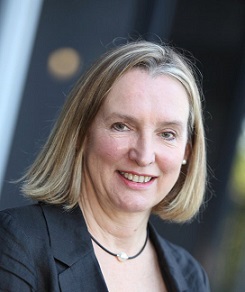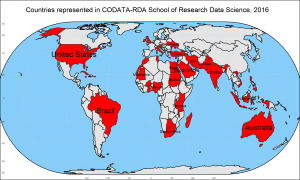This is the sixteen in the series of short statements from candidates in the forthcoming CODATA Elections. Muliaro Wafula is a new candidate for the CODATA Executive Committee as an Ordinary Member. He was nominated by the Kenya CODATA National Committee
I am a Kenyan nationality who has served Jomo Kenyatta University of Agriculture and 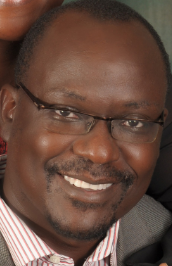 Technology (JKUAT) for 23 years. I am currently a member and the Chair of CODATA Kenya. I am a member of the following:
Technology (JKUAT) for 23 years. I am currently a member and the Chair of CODATA Kenya. I am a member of the following:
- Editorial board of the Data Science Journal;
- Editorial board of the African Journal of Food, Agriculture, Nutrition and Development;
- Committee of the AFRICA-ai-JAPAN Project Taskforce Project sponsored by JICA;
- Training committee of the National Industrial Training Authority-Kenya;
- Committee of the United Nations SDGs Agricultural and Climate Change Pillars of Kenya.
I coordinate all ICT related Memorandum of Understanding between JKUAT and partners. I have served in the past as the ICT Director for 5 years and director of the Institute of Computer Science and Information Technology for 4 years.
I hold B.Sc. Science (Hons) (Kenyatta University), M.Sc Physics (University of Nairobi), M.Phil. Microelectronic Engineering and Semiconductor Physics (University of Cambridge –UK), Summer Doctoral Programme (Berkman Centre for Internet & Society/Oxford Internet Institute’s -Harvard University Law School), and PhD Information Technology (JKUAT).
I am a recipient of two IBM awards namely: the 2016 IBM Shared University Research Award on Open Data Cloud Project for JKUAT that has enabled JKUAT to be a frontier on building an open data platform for researchers in Africa, and the 2014 IBM MEA Award, for capacity building in Mobile Application development that enable JKUAT train and professionally certify a large number of application developers.
I am professionally certified in various fields including Cyber Security, Mobile Application, ISO/IEC 27001:2005 Information Security Management System, Leadership and Management capacity Development, Sage Accpac ERP Financial and Operations Management Systems, and ISO 9001:2000 on Quality Management Systems.
I am a fellow of the Computer Society of Kenya and the Cambridge Commonwealth Society. I have published a book see link at https://www.amazon.com/ICT-Policy-Strategies-Government-Sustainable/dp/3639515137 and several research papers in peer reviewed international journals. I have attended and participated in several data science, big data and open data trainings, workshops and conferences.
I am an Associate Professor of the Department of Computing at JKUAT and the founder Director of the ICT Centre of Excellence and Open Data (iCEOD). As the director of iCEOD, for the past one year, I have managed to accomplish the following key activities in line with CODATA objectives:
- Development and implementation of the JKUAT Open Research Data (JORD) Policy. This policy is now regarded as a frontier in Kenya and a reference for other research institutions to spur data revolution in Kenya and the region;
- Design and implementation of a cloud-based value chain open data platform developed based on open data principles and standards in order to promote research data storage, preservation, sharing and reuse. The platform aims at:
- Promoting conformity to the open data principles, policies and standards.
- Linking and be linked to other open data platforms
- Offering data analytic and visualization tools
- Supporting and enable ICT Policies and strategies research for open development at postgraduate level.
- Enabling use of research data to accelerate achievement of the UN Sustainable Development Goals (SDGs) in Kenya and the region
- Establishing a call centre
- Creating an ecosystem of strictly research data.
The establishment of iCEOD played a leading role in getting JKUAT declared by the Kenyan Ministry of Higher Education Science and Technology, as the the ICT Centre of Excellence for the Northern Corridor Integration Project (NCIP) see link http://www.nciprojects.org/ that involves Kenya, Uganda. Rwanda and Southern Sudan.
If elected as a member of committee of CODATA, I will continue to promote CODATA activities and goals. I will contribute to the strategy of increasing CODATA national membership through the Pan African University Institute of Basic Sciences, Technology and Innovation see link at http://www.jkuat.ac.ke/pauisti/ community that is hosted at my university JKUAT. Now that I am engaged in open data and data science research, and also having the experience of leading JKUAT to develop and implement both the open research data policy (JORD) and an open data platform, see link at https://opendata.jkuat.ac.ke/ , I am ready to share lessons learnt and possible best practices to be adopted through offering technical advice to CODATA community that need it. I am currently supervising seven PhD students researching on open data and data science solutions towards achievement of SDGs in developing countries.

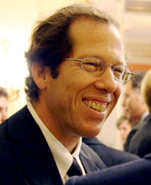
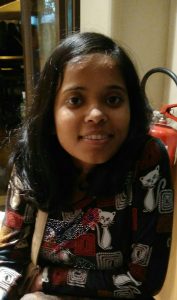 This post was written by Niharika Gujela, who has a B.Tech in IT from Delhi Technological University, India. Niharika recently attended the CODATA-RDA School of Research Data Science, hosted at ICTP, near Trieste, Italy – her participation was kindly supported by ICTP and TWAS.
This post was written by Niharika Gujela, who has a B.Tech in IT from Delhi Technological University, India. Niharika recently attended the CODATA-RDA School of Research Data Science, hosted at ICTP, near Trieste, Italy – her participation was kindly supported by ICTP and TWAS.

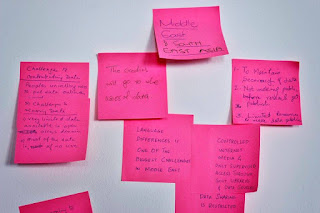




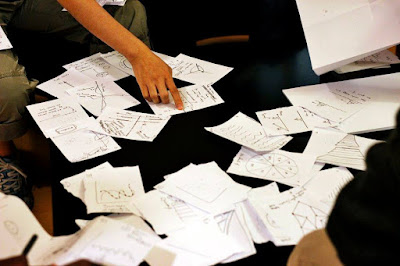

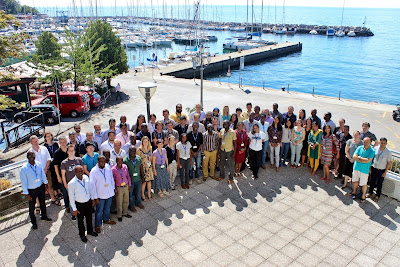
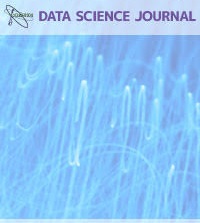 collection of papers from SciDataCon 2016.
collection of papers from SciDataCon 2016.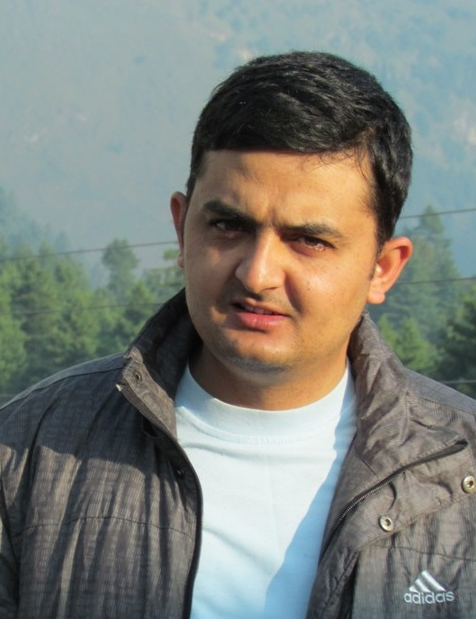 This post was written by
This post was written by 

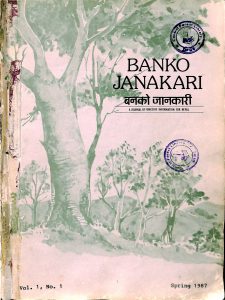 Research and Survey (
Research and Survey (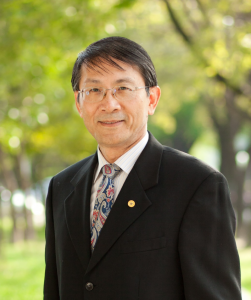
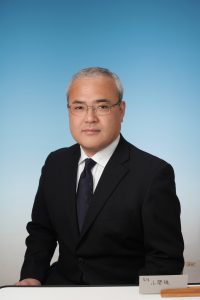
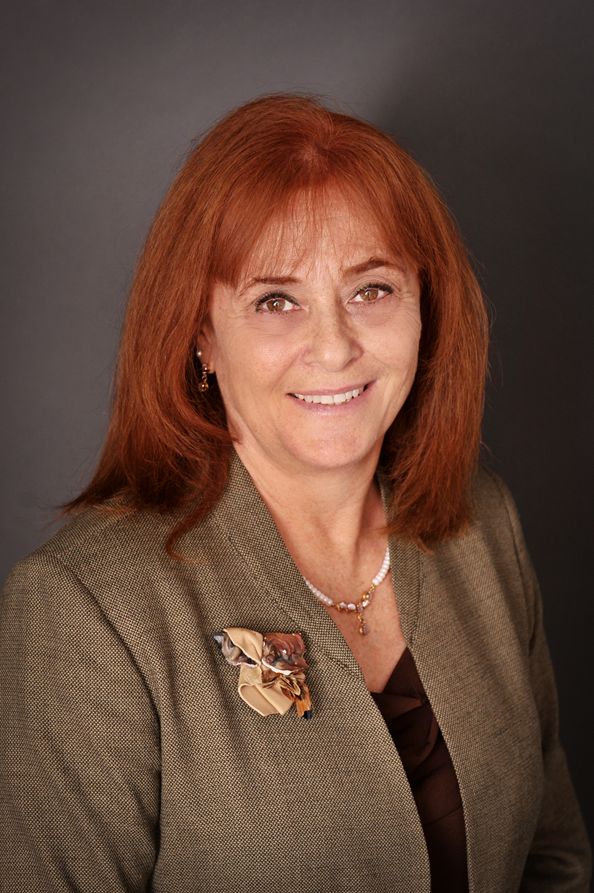 been involved with both International CODATA and the U.S. National Committee for CODATA. I’ve held positions within CODATA, including the program committee, symposium coordinator, speaker, U.S. National Representative and Co-Chair of the Data Citation Standards and Practices Task Group. In addition, it has been my honor to serve on the Executive Committee to International CODATA for the past four years.
been involved with both International CODATA and the U.S. National Committee for CODATA. I’ve held positions within CODATA, including the program committee, symposium coordinator, speaker, U.S. National Representative and Co-Chair of the Data Citation Standards and Practices Task Group. In addition, it has been my honor to serve on the Executive Committee to International CODATA for the past four years.